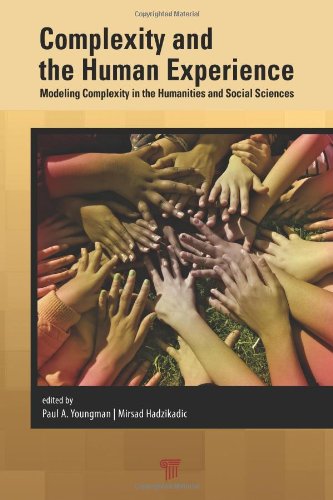

Most ebook files are in PDF format, so you can easily read them using various software such as Foxit Reader or directly on the Google Chrome browser.
Some ebook files are released by publishers in other formats such as .awz, .mobi, .epub, .fb2, etc. You may need to install specific software to read these formats on mobile/PC, such as Calibre.
Please read the tutorial at this link: https://ebookbell.com/faq
We offer FREE conversion to the popular formats you request; however, this may take some time. Therefore, right after payment, please email us, and we will try to provide the service as quickly as possible.
For some exceptional file formats or broken links (if any), please refrain from opening any disputes. Instead, email us first, and we will try to assist within a maximum of 6 hours.
EbookBell Team

4.7
46 reviewsQuestions of values, ontologies, ethics, aesthetics, discourse, origins, language, literature, and meaning do not lend themselves readily, or traditionally, to equations, probabilities, and models. However, with the increased adoption of natural science tools in economics, anthropology, and political science—to name only a few social scientific fields highlighted in this volume—quantitative methods in the humanities are becoming more common.
The theory of complexity holds significant promise for better understanding social and human phenomena based on interactions among the participating "agents," whatever they may be: a thought, a person, a conversation, a sentence, or an email. Such systems can exhibit phase transitions, feedback loops, self-organization, and emergent properties. These dynamic systems lend themselves naturally to the kind of analysis made possible by models and simulations developed with complex science tools. This volume offers a tour of quantitative analyses, models, and simulations of humanities and social science phenomena that have been historically the purview of qualitative methods.